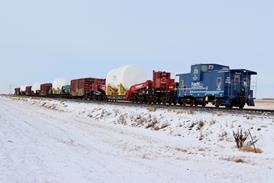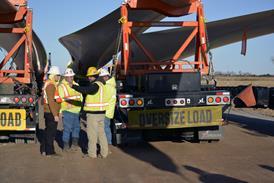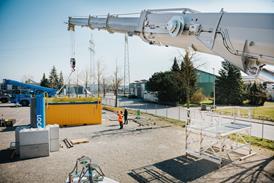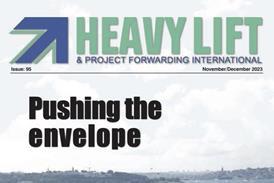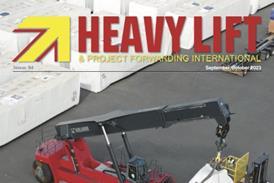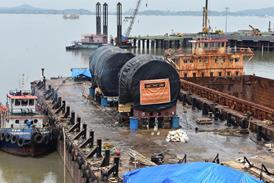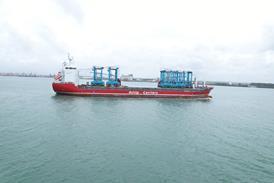September 17 - The use of waterborne transport is the ideal method of moving the elements involved in the infrastructure developments for alternative energy production, believe managers at port handling company Cuxport, which is active at the port of Cuxh
As well as avoiding the issues of hinterland transport using road transport - such as special permits and restrictive road closures - the use of barges and pontoons make for a greener transport option, in keeping with the purpose of the investments, says the company.
Offshore wind farm generating in the North Sea and western Europe are proving to be a lucrative revenue stream for the port and allows it to play a vital role in the growth of this energy source, considers Cuxport managing director Peter Zint.
"Our offerings result from our expertise and capacity which is why we offer, together with our partners, an attractive package of services for the wind energy industry," says Zint.
One example of the port's involvement in alternative energy production is a recent shipment for DFDS Seaways which saw nine wind turbine blades destined for the UK delivered to the port for shipment across the North Sea.
Another destination served at the port with an involvement in the sector is Santander, Spain that receives such equipment from northern European manufacturers. Movement over Cuxhaven avoids challenging road journeys for wind turbine parts through some of the most congested roads in Europe, believes Zint.

